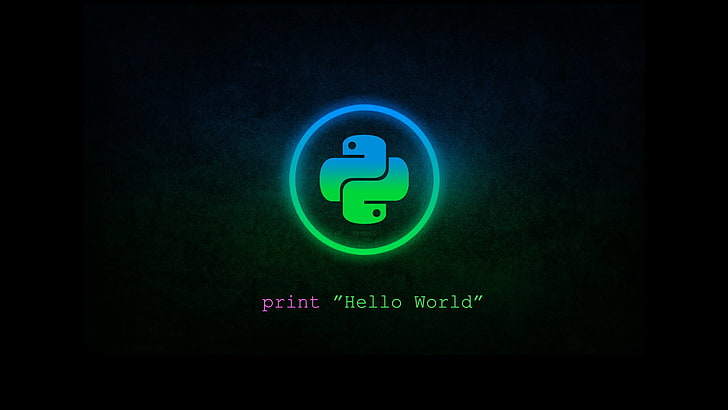Time Required: Flexible learning schedule
Skill Level: Beginner to Advanced
Python is one of the most powerful and versatile programming languages. Whether you're a complete beginner or looking to expand your programming knowledge, Python is a must-learn. Here's a structured path to mastering Python from scratch:
Step 1: Understand Why Python?
- Easy to Learn: Python has a simple syntax, making it beginner-friendly.
- Versatile: You can use Python for web development, data analysis, machine learning, automation, and more.
- Community Support: Python has one of the largest programming communities, meaning you’ll have tons of resources and help when you need it.
Step 2: Get Started with the Basics
Before diving into advanced topics, start by learning the core basics. These fundamental concepts will form the foundation of everything you do in Python:
- Variables & Data Types: Understand integers, strings, floats, and booleans.
- Operators: Learn about arithmetic, logical, and comparison operators.
- Control Flow: Get comfortable with
if,else,elif, and loops likeforandwhile. - Functions: Write your first functions and understand parameters and return values.
Resource:
- 📚 Automate the Boring Stuff with Python: Great for beginners, this book covers practical Python applications.
- 🖥️ Python.org Documentation: The official resource for Python's syntax and libraries.
Step 3: Work on Practical Projects
One of the best ways to learn Python is through hands-on practice. Here are a few project ideas that will boost your skills:
- Build a Calculator: Implement basic operations like addition, subtraction, multiplication, and division.
- Web Scraping: Use Python to scrape data from websites using libraries like BeautifulSoup and requests.
- Data Analysis: Use Pandas and Matplotlib to analyze and visualize data from CSV files.
Resource:
- Python Projects for Beginners: A collection of simple yet effective projects to build as you learn Python.
Step 4: Deep Dive into Intermediate Python
Once you're comfortable with the basics, it’s time to dig deeper. Here are the key topics to explore:
- Object-Oriented Programming (OOP): Learn about classes, objects, inheritance, and polymorphism.
- Error Handling: Master exceptions, try-except blocks, and how to debug Python code.
- Working with Files: Read and write data to files in various formats, including text, CSV, and JSON.
Resource:
- 📘 Python Crash Course: A well-structured book that covers both basics and advanced Python concepts.
